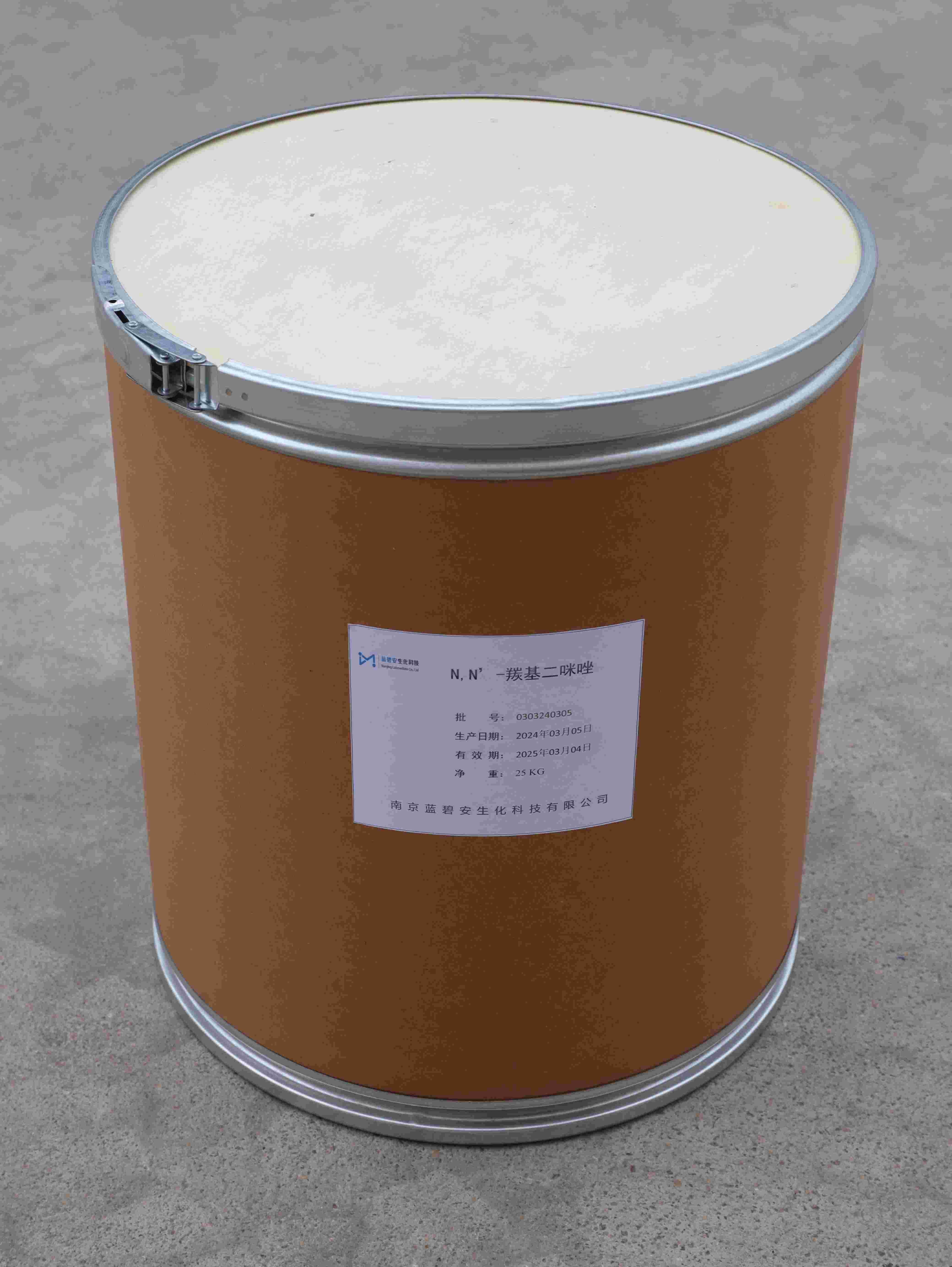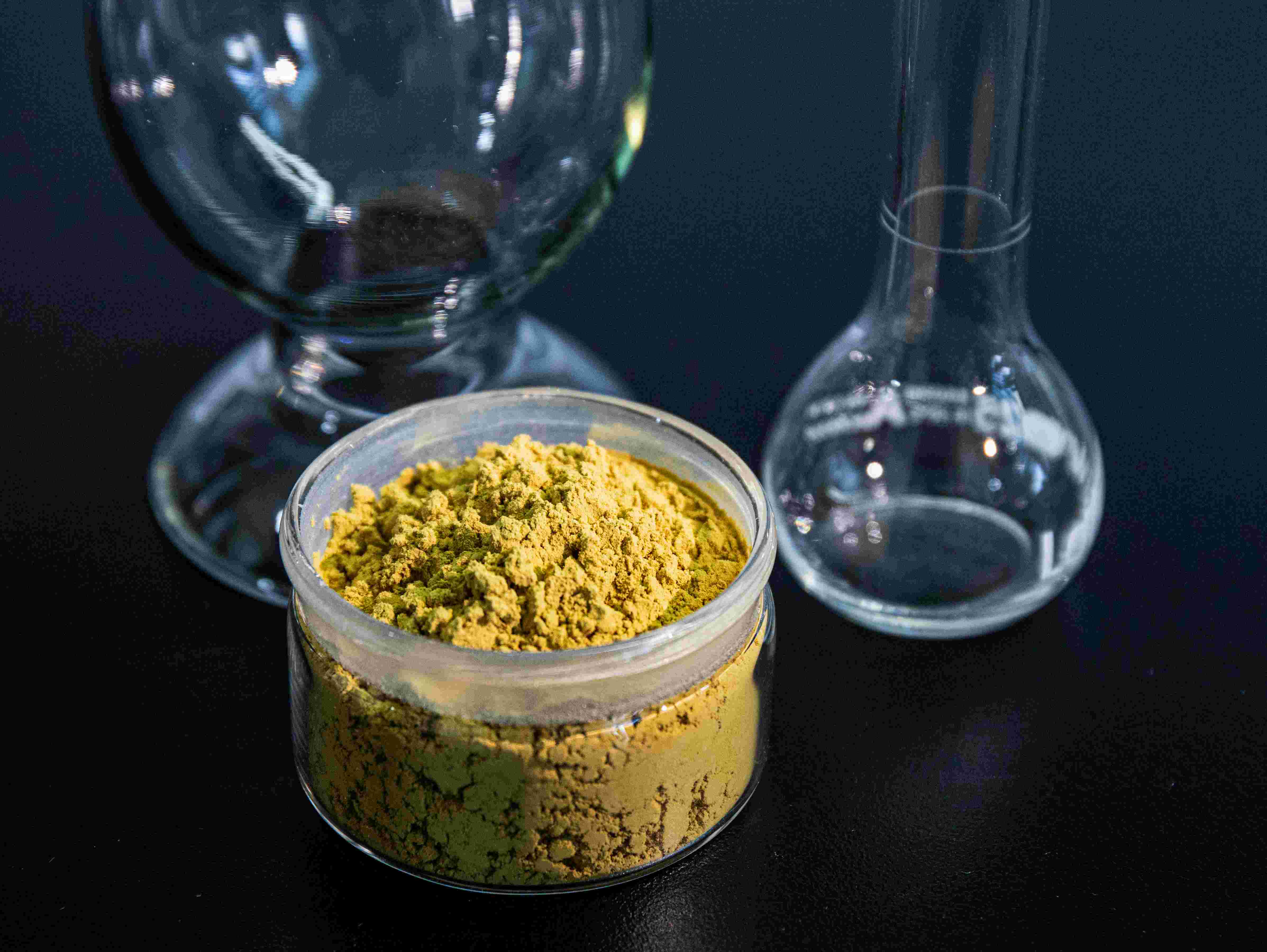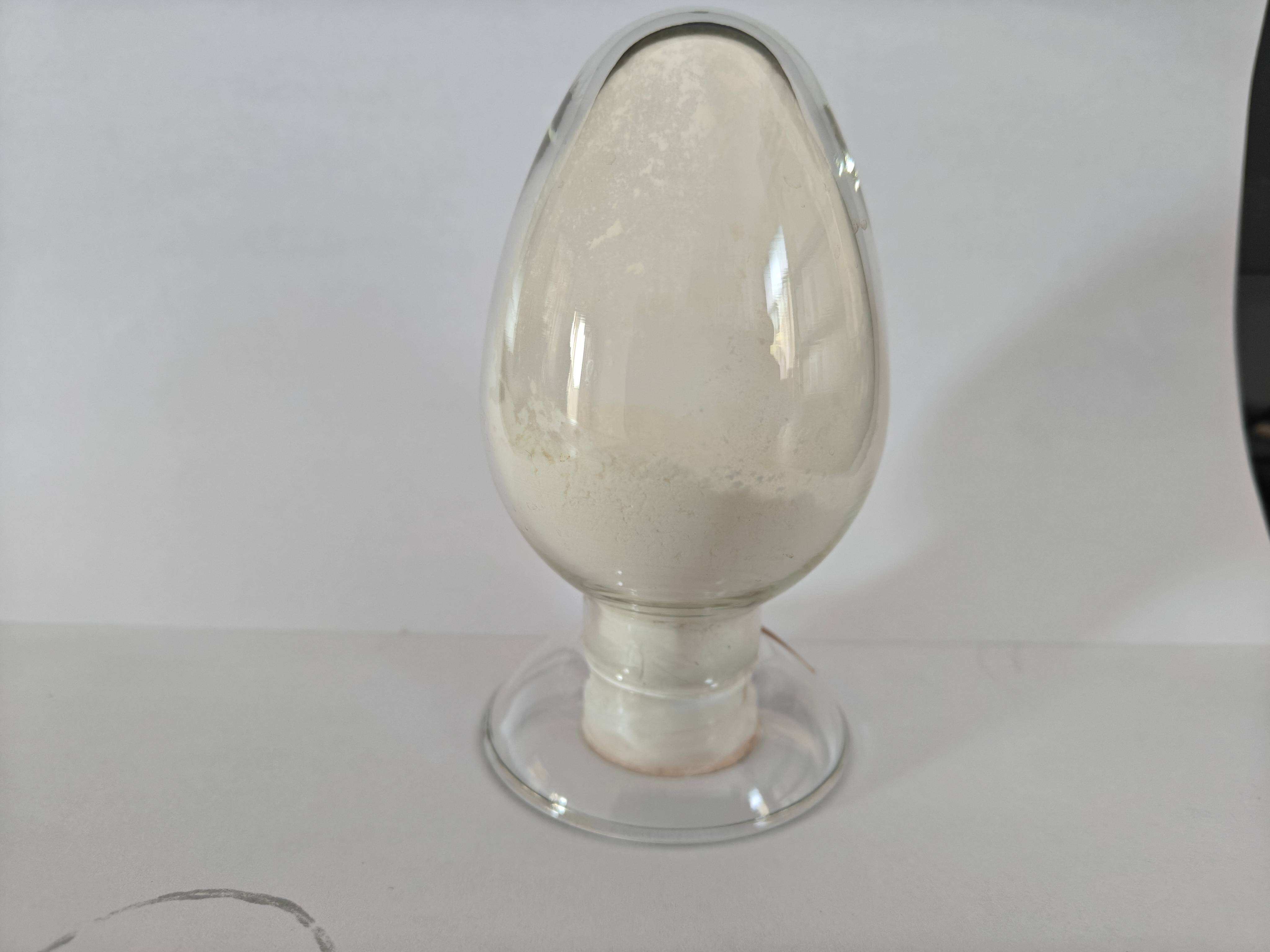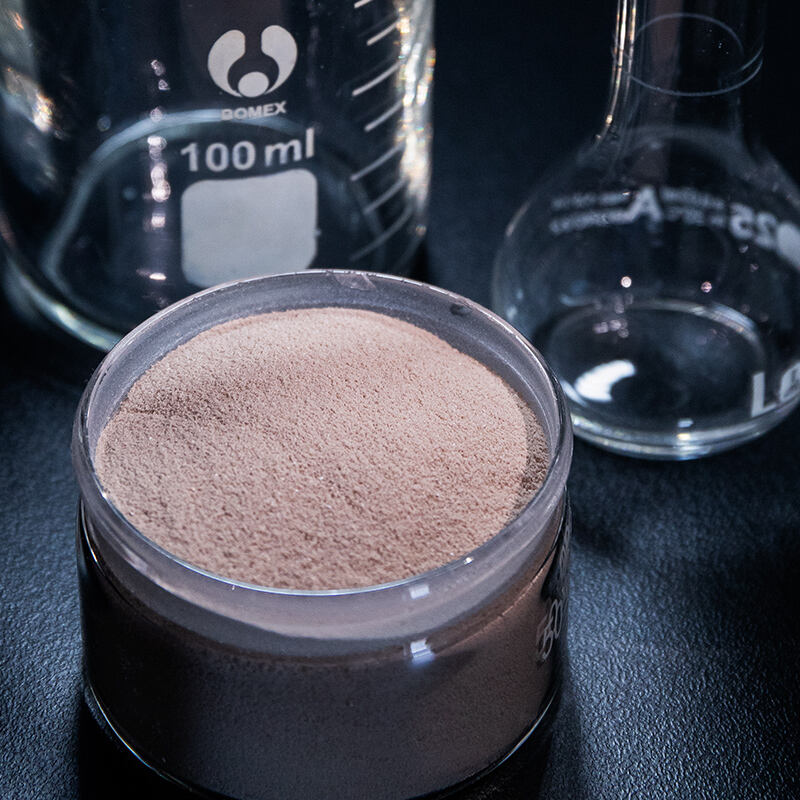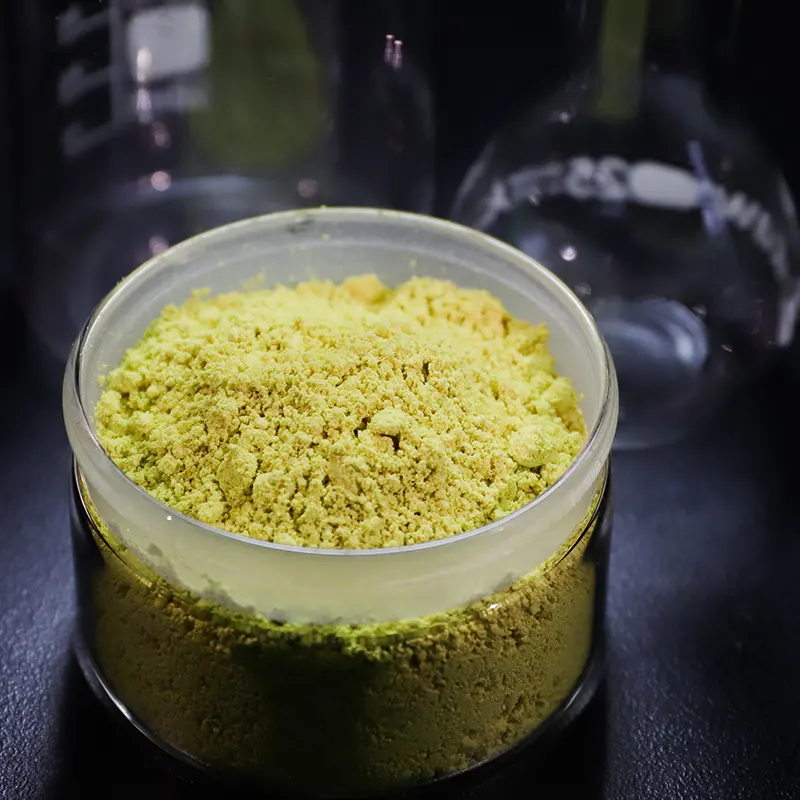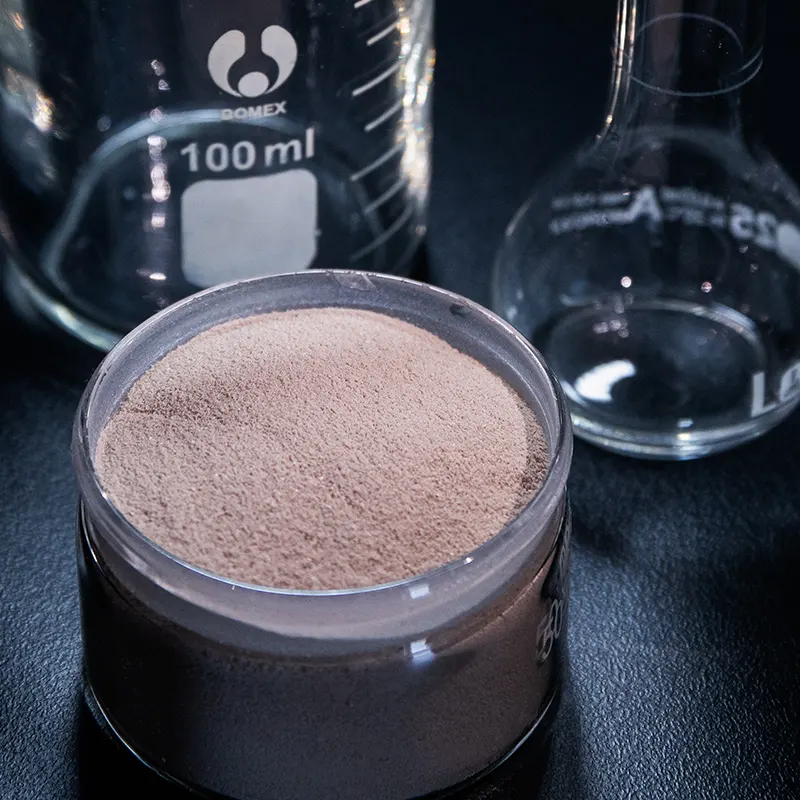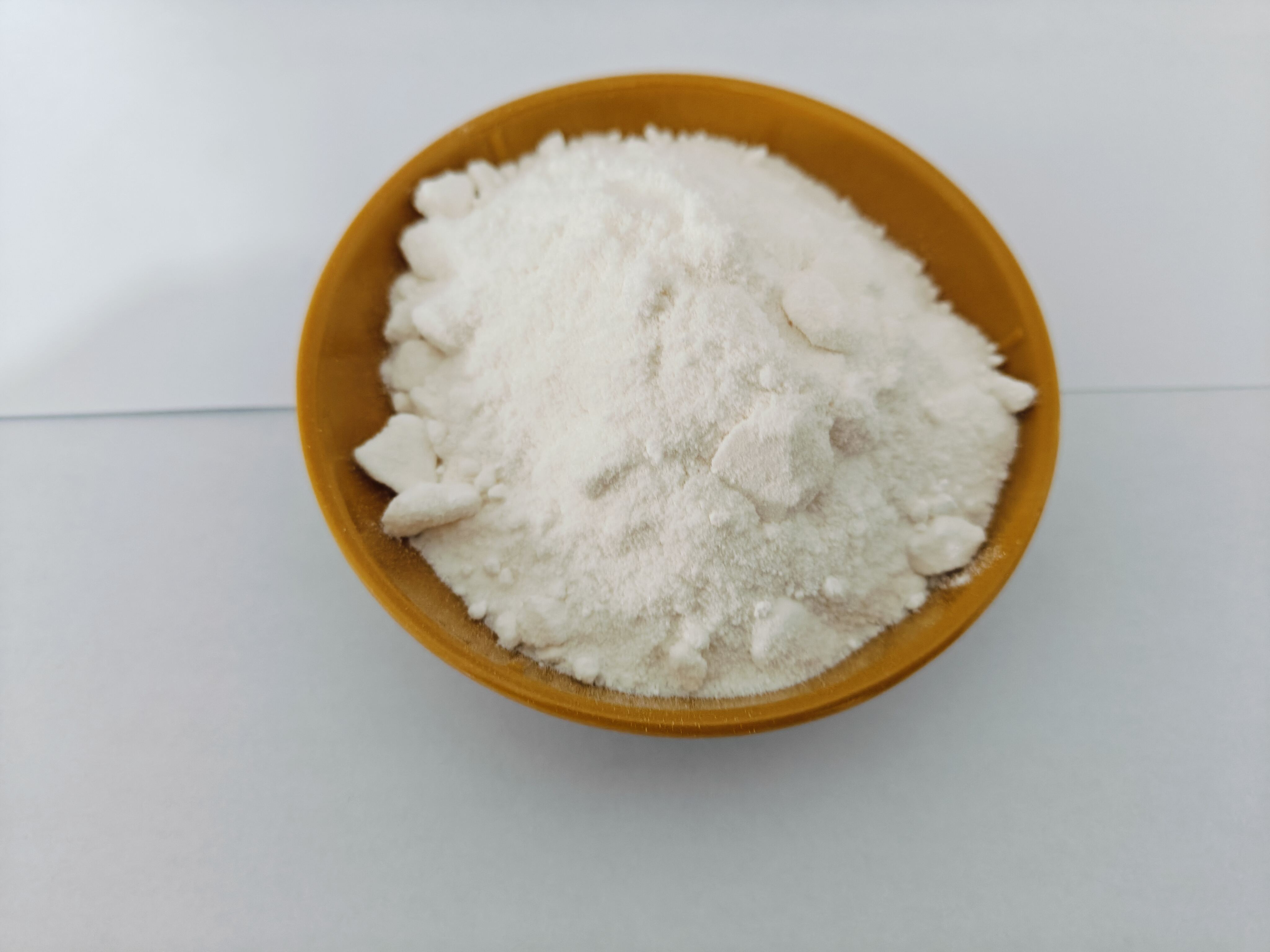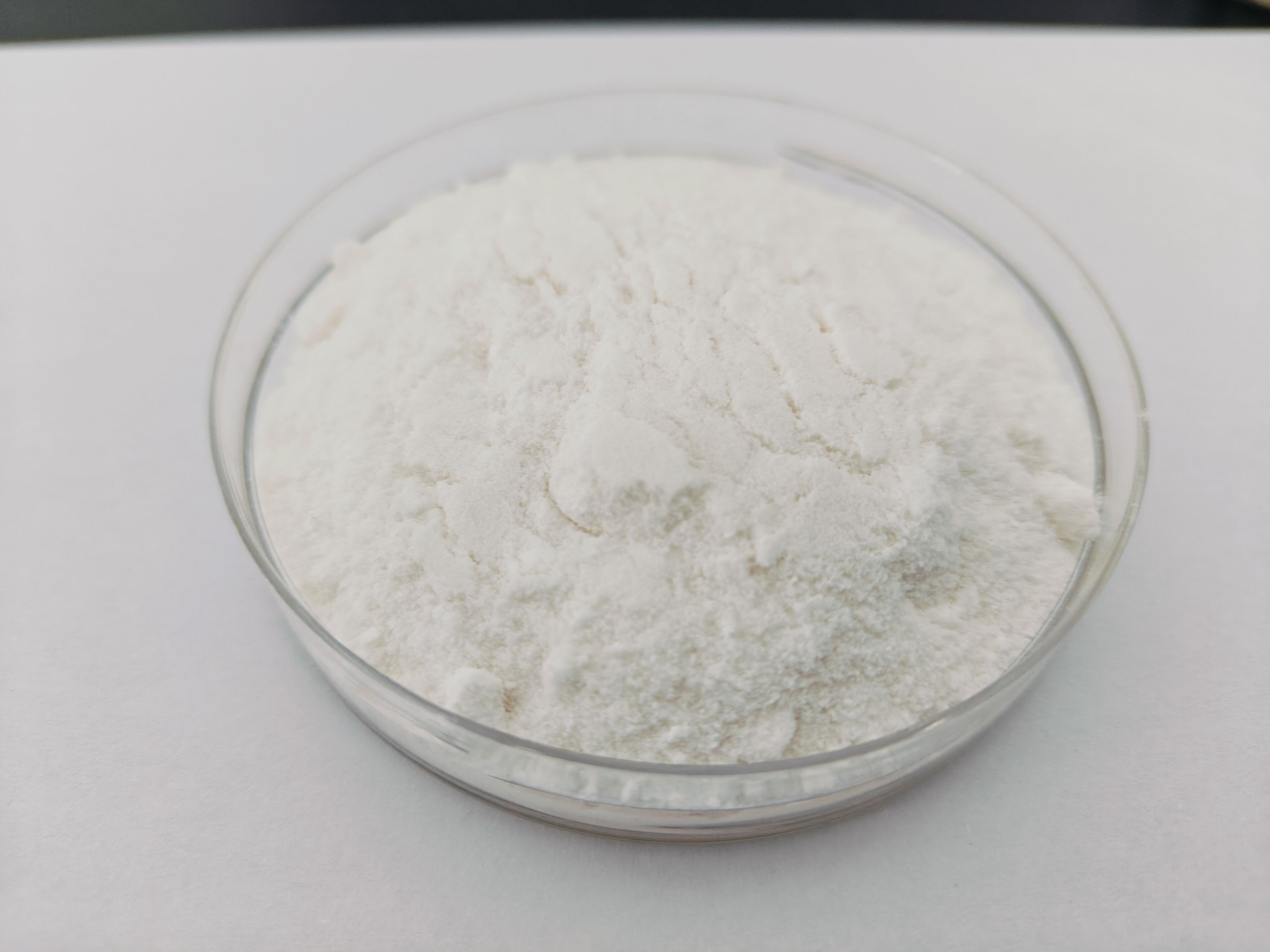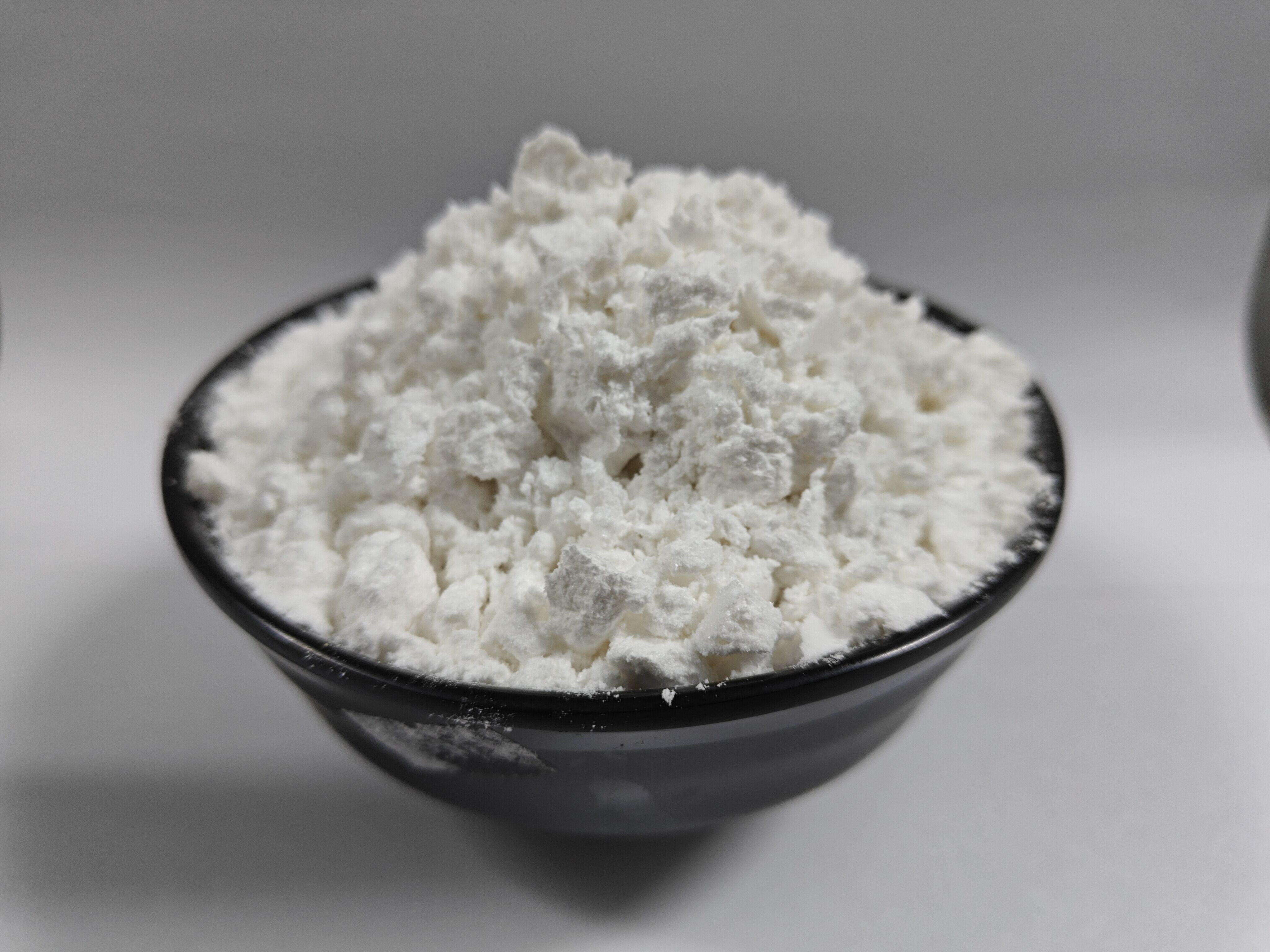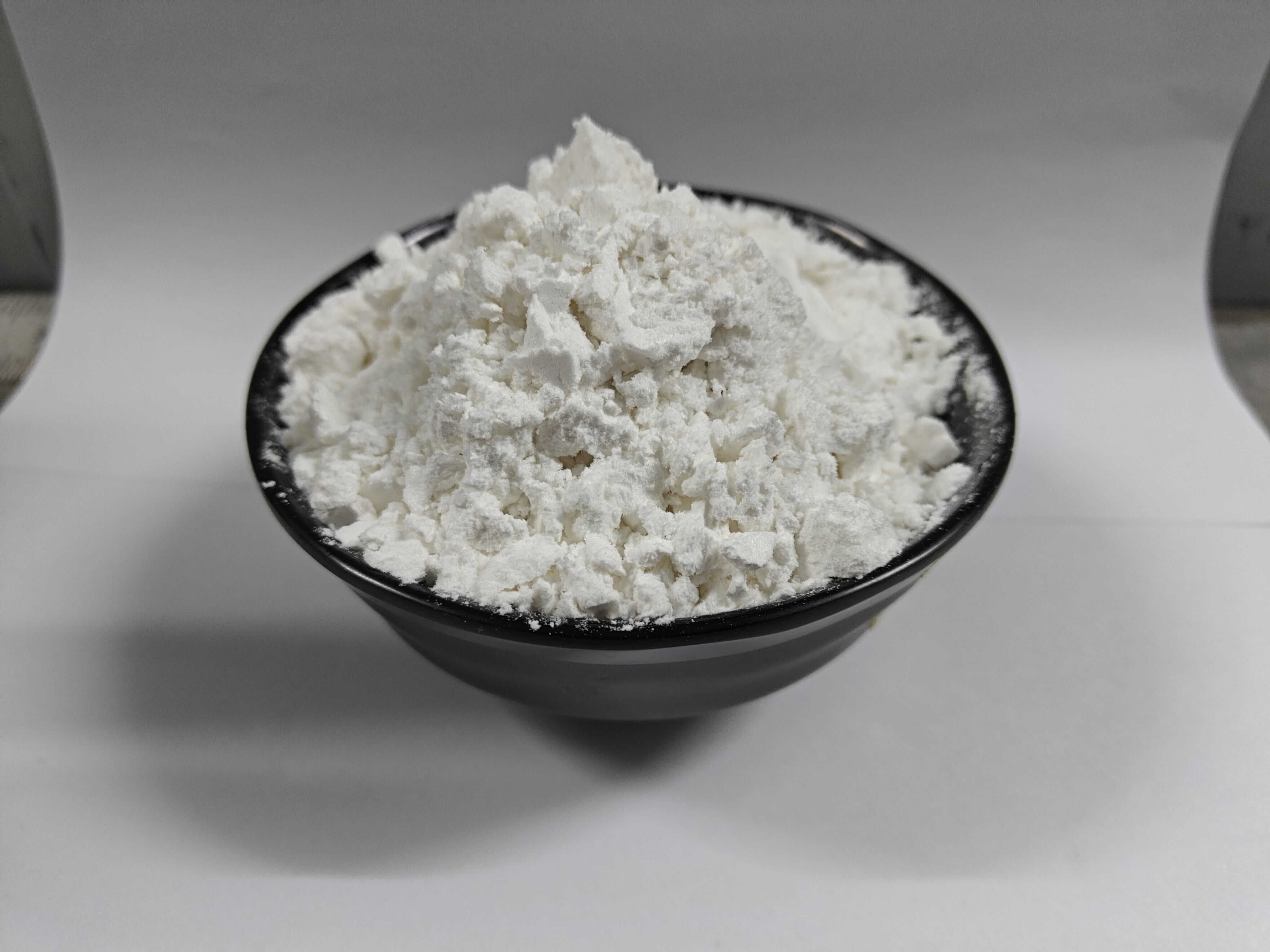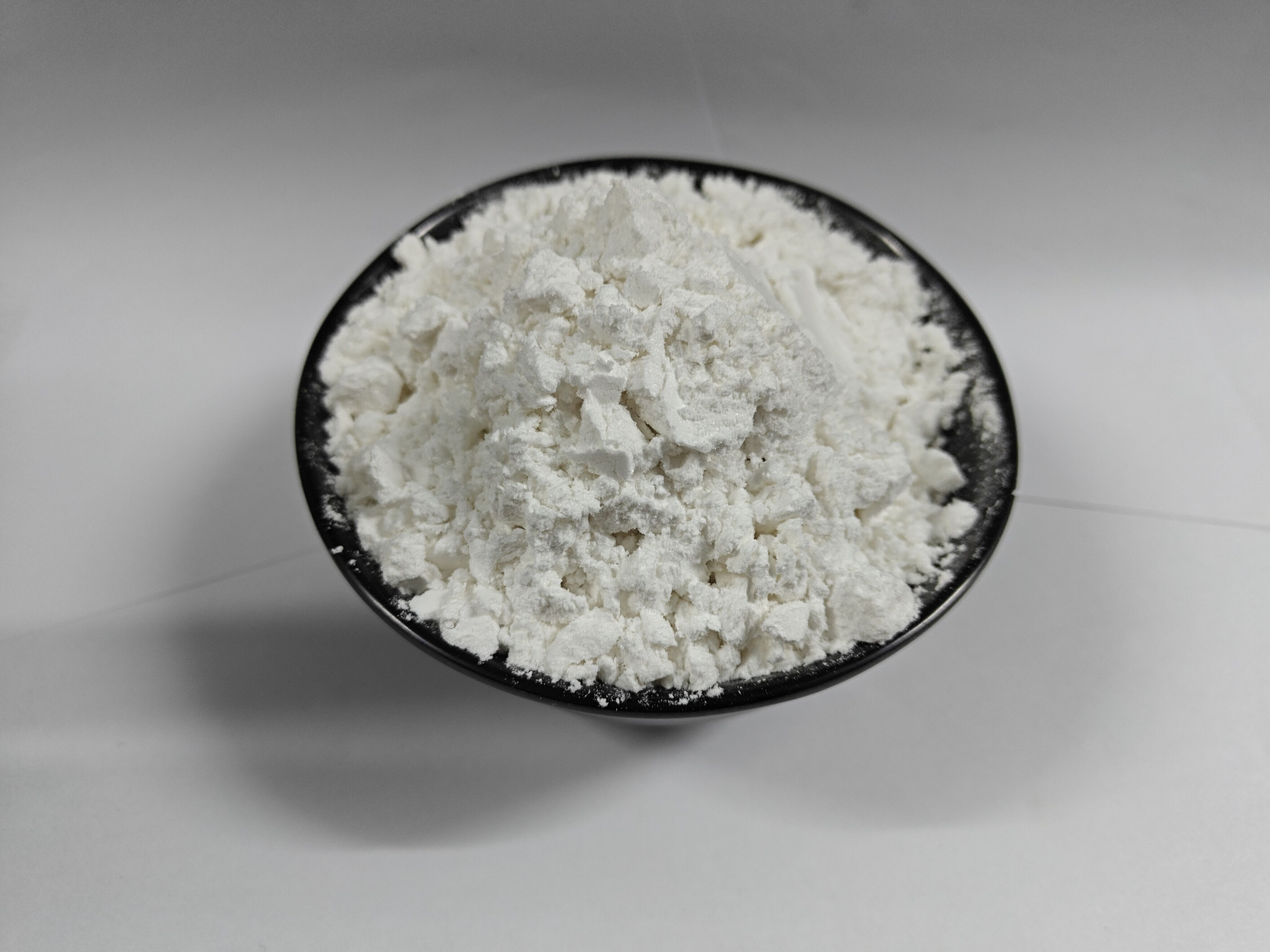best cdi amide bonds
CDI amide bonds represent a crucial advancement in chemical synthesis and molecular engineering. These bonds, formed through carbodiimide-mediated coupling reactions, are essential in peptide synthesis, polymer chemistry, and pharmaceutical development. The carbonyldiimidazole (CDI) method offers exceptional efficiency in creating stable amide linkages under mild conditions, making it particularly valuable for sensitive molecular structures. This approach provides outstanding selectivity and high yields while minimizing side reactions that often plague traditional coupling methods. The versatility of CDI amide bonds extends across multiple applications, from drug development to materials science, offering researchers and manufacturers a reliable tool for molecular design. These bonds exhibit remarkable stability under physiological conditions while maintaining the necessary reactivity for controlled chemical modifications. The technology behind CDI amide formation has evolved to include various optimizations, such as improved leaving groups and enhanced activation protocols, resulting in more efficient and cost-effective synthesis procedures. The practical implementation of CDI amide bonds has revolutionized the production of peptide-based pharmaceuticals, biomaterials, and specialized polymers, establishing itself as a cornerstone technique in modern chemical synthesis.

